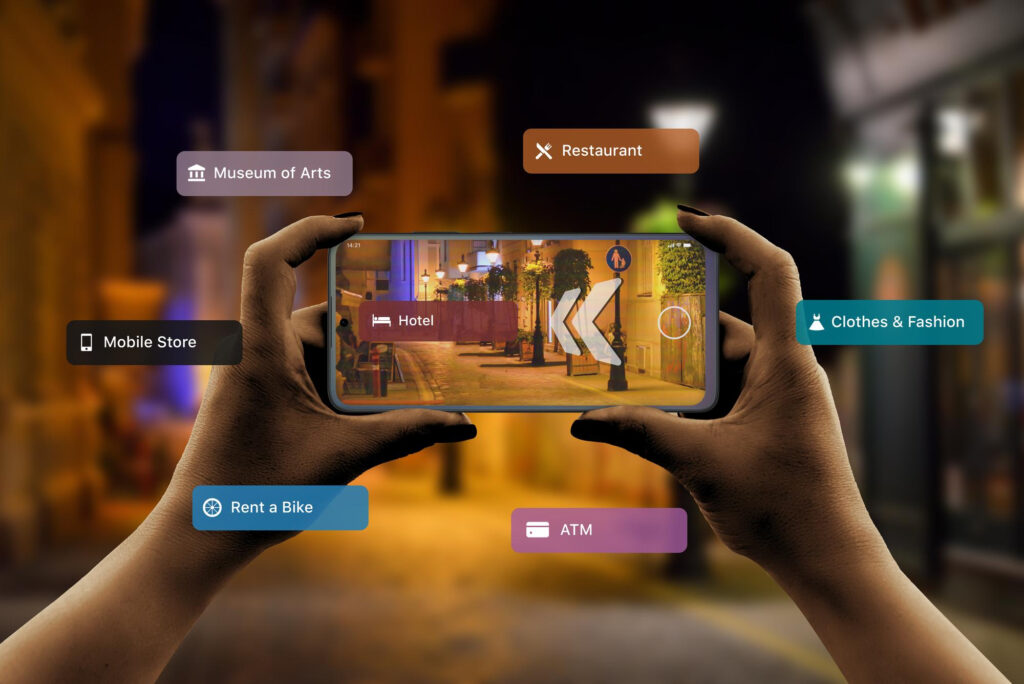The world of mobile app development is constantly evolving, driven by technological advancements and changing user preferences. To stay competitive in this dynamic landscape, developers need to stay updated on the latest trends and innovations. In this blog, we will delve into two exciting trends that are shaping the future of mobile app development: Augmented Reality (AR) and Virtual Reality (VR).
Augmented Reality (AR): Bridging the Gap Between Real and Digital Worlds
Augmented Reality (AR) has gained significant traction in recent years, offering a unique and immersive user experience. AR technology overlays digital elements, such as 3D objects or information, onto the real world through the camera of a mobile device. Here’s why AR is a trend to watch:
- Enhanced User Engagement:
- Augmented reality apps provide users with interactive and engaging experiences, making them more likely to spend time with your app.
- Retail and Marketing:
- Businesses are using AR to create virtual showrooms, allowing customers to try out products virtually before making a purchase decision.
- Education and Training:
- Augmented reality apps are being employed in education and training to make learning more interactive and hands-on.
- Navigation and Wayfinding:
- AR-based navigation apps can provide real-time directions by overlaying arrows and street names on the user’s view.

Virtual Reality (VR): Immersive Experiences Beyond Imagination
Virtual Reality (VR) takes immersion to the next level by creating entirely digital environments that users can explore. While VR has primarily been associated with gaming, its potential extends far beyond that.
- Gaming and Entertainment:
- VR gaming continues to evolve, providing users with lifelike experiences and a sense of presence in virtual worlds.
- Healthcare and Therapy:
- VR is used for pain management, exposure therapy, and rehabilitation, providing patients with immersive distraction and treatment options.
- Remote Collaboration:
- VR is being used for virtual meetings and collaborative workspaces, making remote work more engaging and productive.
- Real Estate and Tourism:
- Virtual tours enable users to explore properties or travel destinations from the comfort of their homes, revolutionizing the industries.

Conclusion
As technology continues to advance, the mobile app development landscape evolves with it. Augmented Reality and Virtual Reality, are just a few of the exciting trends that developers are exploring to create innovative and engaging mobile applications. To remain competitive, it’s essential for developers to stay informed about these trends and consider how they can incorporate them into their app development strategies. Embracing these technologies can lead to enhanced user experiences, increased security, and new business opportunities in the ever-evolving world of mobile app development.
